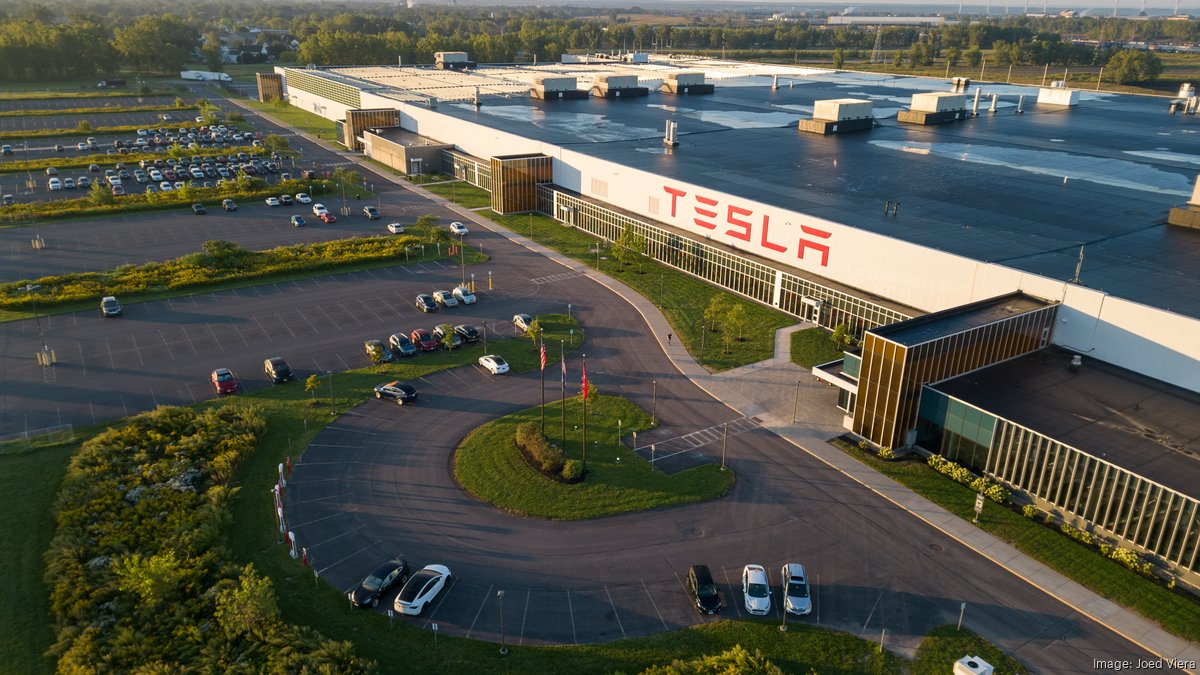
Tesla expands Buffalo operations with Dojo supercomputer and new manufacturing site
- 21.03.2025 00:00
- bizjournals.com
- Keywords: Tesla, Buffalo Business First
Tesla expanded its operations in Buffalo by opening a Dojo supercomputer facility and a new manufacturing site. Despite layoffs, the company increased local jobs to 2,064 and introduced seven new supercharging-related products at its gigafactory. The $500 million investment includes upgrades to existing facilities and operational costs through 2029.